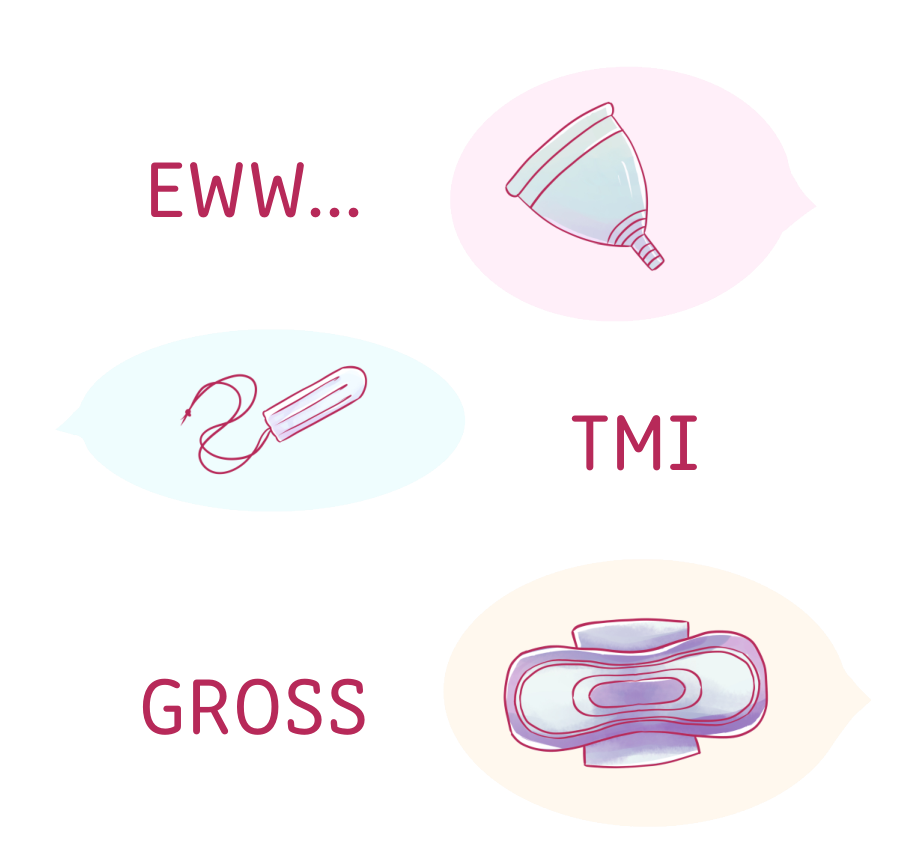In a historic moment for B.C.’s schooling system, New Westminster will become the first school district in B.C. to provide free menstrual products for their students.
Selina Tribe, a resident and activist of Vancouver, has been actively campaigning for free sanitary products in schools throughout the city since the beginning of this year. Tribe finally received a win when the New West school board trustees voted to seek funding to install free pad and tampon dispensers in their schools. Students of the New West district will now have free access to menstrual products, which Tribe hopes will prevent girls from wanting to “remove themselves from activities, from extracurricular or athletic activities, also social activities, and in the worst case … miss school.”
According to Mark Gifford, a New Westminster school board chairman, the campaign only started to receive the attention it needed when it was dropped into the trustees’ laps.
This lack of attention is due to people having false ideas of what periods actually are and being greatly misinformed on the use of menstrual products, specifically tampons and how they are used. The stigma around periods contributes to many individuals in our society being unable to see the necessity and importance of easily accessible menstruation products. Furthermore, people still believe in the silencing of the period: don’t talk about it, don’t address it, pretend it doesn’t exist.
But this isn’t the 18th century. Women of the western world can vote, they can have jobs, and they can be part of their government. Not to mention, Google exists now; you can look things up. So I have to wonder, going into 2019, why is there still so much stigma around periods?
The fact that the New Westminster school board agreed to provide students with free menstruation products should not be shocking. It should not be revolutionary for our schooling system. The revolution should have come and gone; the historic moment should have been in the past. There is so much drama centred on periods, that talking about them publicly is political.
Periods are uncomfortable and, for some unfortunate souls, they can have you doubling over in debilitating pain. Getting rid of the mystery and shame around periods will help people understand that it isn’t just mood swings, and that learning about them is crucial toward becoming a more sympathetic and compassionate person.
As Tribe alludes to, the stigma around periods affects the welfare of young girls. In fact, according to an article by the Financial Post, on average, one in seven Canadian girls will miss school because they cannot afford the products necessary to make their periods manageable. Girls will stop participating in society if they cannot comfortably take care of their periods.
By not having an open discussion about periods we’ve created a toxic cycle where girls, and the women they become, feel humiliated, insecure, and unsafe to talk about the complications that come with having periods. A cycle where women won’t help young girls navigate the complications of periods because it’s taboo to talk about them. A cycle where women are afraid to help girls. And, by extension, a cycle where women and men are afraid to talk to each other about periods.
People have periods. People have been having periods since the beginning of humanity; this is not a new thing. We put so much of our resources into understanding technology, the environment, the military, and even transport into space. Yet, when it comes to periods, we are still so hesitant, archaic in our willingness to grow our society’s understanding of something that half the population goes through and will continue to go through.
Make no mistake: this is a historic moment for B.C. schooling. This is a moment that will hopefully provide a stepping stone for the future of Canadian schools.
But the fact it took this long to reach this point is an indicator that our society is not truly as progressive as we like to believe. And this lack of progression is hurting everyone whether they know it or not.
Image: Kayt Hine/The Cascade


